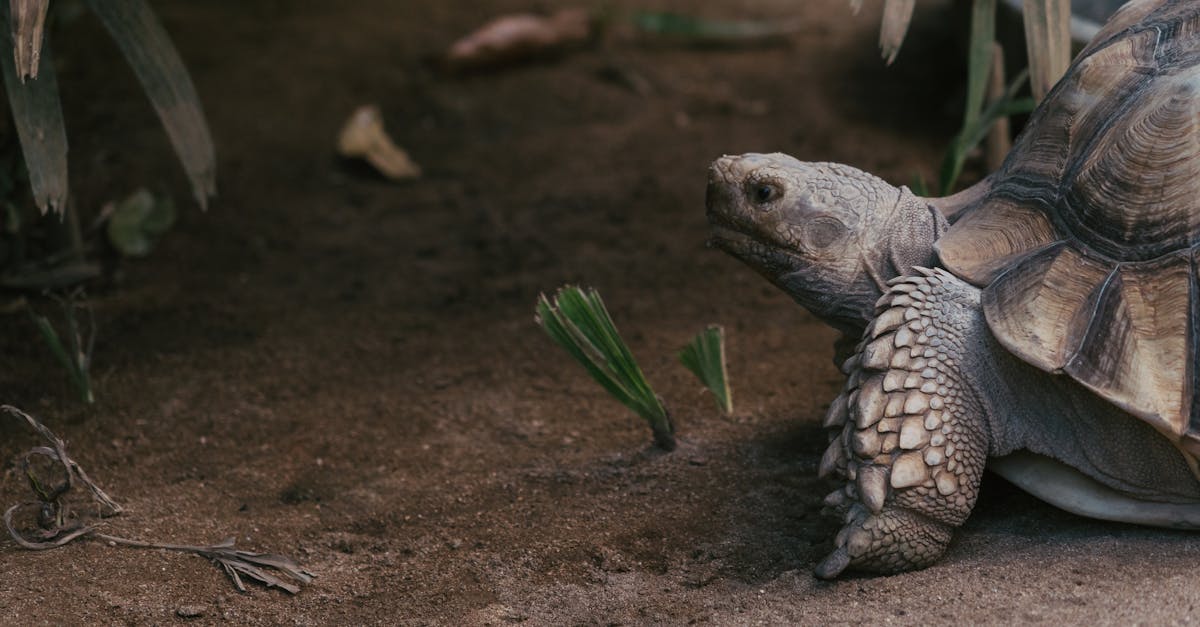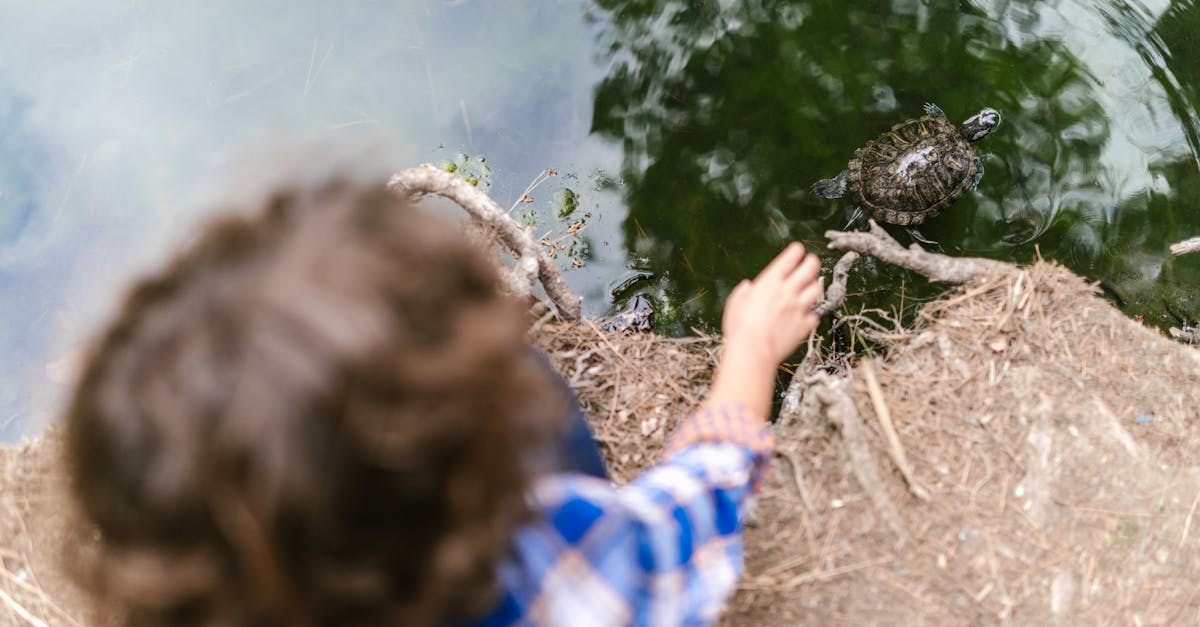Introduction: The Hidden Gem of the Pet World
When considering a new pet, many people immediately think of dogs, cats, or even exotic birds. But there’s one pet that often flies under the radar: turtles. 🐢 The reality is, turtles are the best-kept secret in the pet world, offering unique benefits and a distinctive charm that sets them apart from more conventional pets.
If you ask me, turtles are fascinating creatures that deserve a closer look. From their low-maintenance care to their surprisingly engaging personalities, turtles can be the perfect addition to many households. In this blog post, we will explore why turtles make such excellent pets, the challenges they address, and the benefits they offer. By the end, you might find yourself considering a turtle as your next pet!
The Unique Appeal of Turtles
Low-Maintenance Companions
One thing I’ve learned from my experience with turtles is that they are incredibly low-maintenance compared to other pets. Unlike dogs that require daily walks or cats that need regular litter box cleaning, turtles are relatively easy to care for. Here’s a thought: if you have a busy lifestyle but still want a pet, turtles might be the perfect fit.
- Feeding: Turtles have simple dietary needs. Most species thrive on a mix of commercial turtle pellets, fresh vegetables, and occasional protein sources like insects or fish.
- Habitat: A well-maintained tank with clean water, a basking area, and proper lighting is essential. But once set up, it requires minimal daily upkeep.
- Health: Turtles are generally hardy and can live for decades with proper care, making them a long-term companion.
Educational and Interactive
You won’t believe how much you can learn from observing a turtle. They offer a unique opportunity to teach children about responsibility, biology, and ecosystems. What’s fascinating is how turtles interact with their environment and exhibit behaviors that are both intriguing and educational.
- Behavioral Observation: Watching a turtle bask in the sun or forage for food can be a calming and educational experience.
- Responsibility: Caring for a turtle teaches children about the importance of regular feeding, cleaning, and monitoring health.
- Biology Lessons: Turtles are a great way to introduce kids to biological concepts like reptile anatomy, habitat needs, and conservation efforts.
Long Lifespan
If I had to guess, one of the reasons turtles are less popular is their long lifespan. Some species can live up to 50 years or more! This longevity can be both a blessing and a challenge. Now that I think about it, having a pet that can accompany you through different life stages is quite remarkable.
- Consistency: A turtle can be a lifelong companion, offering consistent companionship over many years.
- Family Heirloom: Turtles can be passed down through generations, creating a unique family tradition.
Addressing Common Misconceptions
Myth: Turtles Are Boring
Here’s a funny thing: many people think turtles are boring. However, speaking from experience, turtles have distinct personalities and can be quite engaging. For example, some turtles are more active and curious, while others are more reserved. It’s interesting how these traits can vary even among the same species.
- Interactive Feeding: Some turtles recognize their owners and become more active during feeding times.
- Exploration: Turtles enjoy exploring their environment and can be surprisingly active and curious.
Myth: Turtles Are Messy
The thing is, turtles are not inherently messy. Proper tank maintenance and a good filtration system can keep their habitat clean and odor-free. I’ve often wondered why this misconception persists, but it likely stems from improper care practices.
- Filtration Systems: Invest in a high-quality filter to keep the water clean.
- Regular Cleaning: Perform regular partial water changes and clean the tank to maintain a healthy environment.
Myth: Turtles Carry Diseases
While it’s true that turtles can carry salmonella, the risk is minimal with proper hygiene practices. I was just thinking about how this concern is similar to any pet that requires cleanliness and care.
- Hand Washing: Always wash your hands after handling your turtle or cleaning its habitat.
- Proper Care: Maintain a clean environment to reduce the risk of disease transmission.
The Benefits of Turtle Ownership
Stress Relief and Mental Health
It’s clear that having a pet can significantly improve mental health, and turtles are no exception. The calming presence of a turtle can help reduce stress and anxiety. I, for example, find watching my turtle bask in the sun to be incredibly soothing.
- Calming Presence: The slow, deliberate movements of turtles can have a calming effect.
- Routine: Caring for a turtle provides a sense of routine and purpose.
Aesthetic and Environmental Benefits
Turtles can also enhance the aesthetic appeal of your home. A well-designed turtle tank can be a beautiful focal point in any room. Here’s a story: I once visited a friend’s house and was immediately drawn to their stunning turtle tank, complete with aquatic plants and decorative rocks. It reminded me of how a well-maintained habitat can be both functional and beautiful.
- Natural Beauty: A turtle tank can mimic natural ecosystems, creating a visually appealing environment.
- Conversation Starter: A unique pet like a turtle can be a great conversation starter with guests.
Environmental Awareness and Conservation
Owning a turtle can also foster a greater awareness of environmental and conservation issues. If you ask me, understanding the needs of your turtle can lead to a broader appreciation of wildlife and ecosystems.
- Conservation Efforts: Learning about turtle conservation can inspire you to support broader environmental initiatives.
- Sustainable Practices: Caring for a turtle encourages sustainable practices, like using eco-friendly products and reducing waste.
Taking the Next Step
Choosing the Right Turtle
If you’re considering adding a turtle to your family, the first step is choosing the right species. Here’s a thought: research different species to find one that matches your lifestyle and experience level.
- Beginner-Friendly Species: Red-eared sliders, painted turtles, and box turtles are great options for beginners.
- Specialized Care: Some species, like the African sideneck turtle, require more specialized care and might be better suited for experienced owners.
Setting Up the Perfect Habitat
Creating a suitable habitat is crucial for your turtle’s health and well-being. What I’ve noticed is that a well-designed habitat can make turtle care much more manageable.
- Tank Size: Ensure the tank is large enough to accommodate your turtle as it grows.
- Basking Area: Provide a basking area with a heat lamp to mimic natural sunlight.
- Filtration: Invest in a high-quality filtration system to keep the water clean.
Long-Term Care and Commitment
Owning a turtle is a long-term commitment. It’s funny how many people underestimate the dedication required, but the rewards are well worth it. You might find this helpful: create a care schedule to ensure you meet your turtle’s needs consistently.
- Regular Check-Ups: Schedule regular veterinary check-ups to monitor your turtle’s health.
- Diet and Nutrition: Provide a balanced diet to ensure your turtle receives all necessary nutrients.
- Enrichment: Offer environmental enrichment to keep your turtle mentally and physically stimulated.
Discover the Joy of Turtle Ownership
To put it simply, turtles are an underrated gem in the pet world. They offer a unique blend of low-maintenance care, educational opportunities, and long-term companionship. From my point of view, the benefits of owning a turtle far outweigh the challenges.
If you’ve been meaning to explore a unique and rewarding pet, consider a turtle. It goes to show that sometimes, the best companions come in the most unexpected forms. Whether you’re a busy professional, a family with children, or simply someone looking for a low-maintenance pet, turtles can be the perfect addition to your life.
So, why not take the plunge? You might just discover that turtles are the best-kept secret in the pet world. 🐢
For more information on turtle care and species selection, check out Turtle Rescue USA and The Turtle Room. These resources offer valuable insights and support for new and experienced turtle owners alike.


















